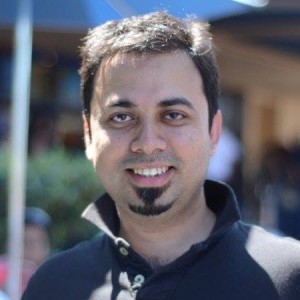This post is the second part of my March 10th interview of Matt Might, a PL researcher and Associate Professor in the Department of Computer Science at the University of Utah.
In Part I, we talked about Matt’s academic background, his PL research (including his favorite among the papers he’s written), and his work on understanding and treating rare disease, which began with the quest to diagnose his son Bertrand, and has led to a role in the President’s Initiative on Precision Medicine.
In this post, our conversation continues, covering the topics of blogging, privacy, managing a crazy schedule, and looking ahead to promising PL research directions. Continue reading


 In this post, I interview
In this post, I interview 